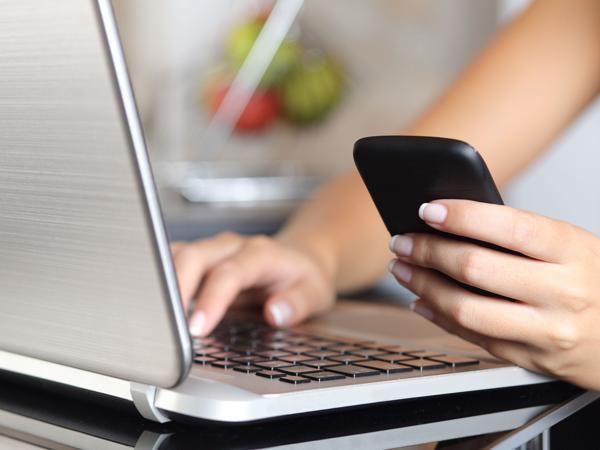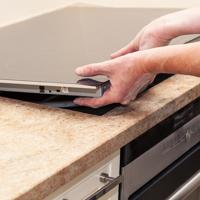In today's fast-paced digital world, our laptops are more than just devices; they are essential companions that help us navigate personal and professional tasks. Ensuring that they run efficiently not only saves time but also improves the overall experience. Here, we'll explore some effective methods to optimize your laptop's performance without resorting to any extreme measures.
Organize Your Files
A cluttered hard drive can slow down your device. Take some time to organize your files, delete unnecessary ones, and consider moving seldom-used files to cloud storage or an external drive. Regularly clearing out your downloads folder and emptying the recycle bin can also help keep things tidy.
Manage Startup Programs
Many programs run automatically when you start your laptop, which can significantly slow down the boot process. By managing which programs are allowed to start automatically, you can speed things up. For Windows, you can manage startup items via the Task Manager, while macOS users can visit System Preferences > Users & Groups > Login Items.
Keep Software Updated
Keeping your operating system and applications up to date can help improve performance and security. Updates often contain bug fixes and improvements that can enhance the way your laptop functions. Enable automatic updates if that's convenient for you, or regularly check for updates manually.
Regularly Restart Your Laptop
Though it might seem trivial, restarting your laptop can clear the memory and close any background processes that might be slowing it down. If you usually leave your laptop in sleep mode, try restarting it more often and see if it makes a difference.
Uninstall Unnecessary Applications
Over time, we tend to accumulate programs that we no longer use. These can take up valuable memory and system resources. Uninstall applications that you don't frequently use and consider lighter alternatives for those that you use occasionally.
Adjust Power Settings
For those who balance between performance and battery life, adjusting your power settings can make a noticeable difference. On Windows, you can access Power Options via the Control Panel to select a plan that suits your needs. MacOS users can find similar settings in System Preferences > Energy Saver.
Clean Hardware Regularly
Dust and debris can accumulate inside your laptop, causing it to overheat and operate inefficiently. Regularly clean your keyboard, vents, and fans, either with a compressed air canister or by having a professional service it.
Upgrade Hardware Components
If you're comfortable doing so, upgrading elements such as RAM or switching to an SSD from an HDD can provide a significant boost in speed for older devices. This step requires a bit of technical know-how, but there are many guides available online tailored for different models.
Reduce Visual Effects
Operating systems often have visual effects that can use extra resources. On Windows, you can reduce these by searching for “adjust appearance” in the Settings menu. Mac users can minimize transparency effects in System Preferences > Accessibility > Display.
Use Efficient Software
Sometimes, switching to more efficient software for essential tasks can lighten the load on your system. For example, using a lightweight text editor instead of a larger word processing application can conserve system resources.
Conclusion
Optimizing your laptop's performance doesn't necessitate major changes. Simple, regular maintenance and mindful usage can lead to noticeable improvements. By keeping your device organized, updating software, and being thoughtful about what runs on your system, you can maintain a more efficient and enjoyable technology experience.
We hope these tips help you in getting the most out of your laptop. Small adjustments can create a more seamless tech lifestyle, enhancing both productivity and enjoyment.
References
- How to Optimize Windows PC Performance – Microsoft Support
- Speed Up a Slow Mac – Apple Support
- Laptop Buying Guide – TechRadar
Feel free to reach out through our contact page if you have specific questions about laptops or remote work solutions , or need further assistance. Happy computing!




